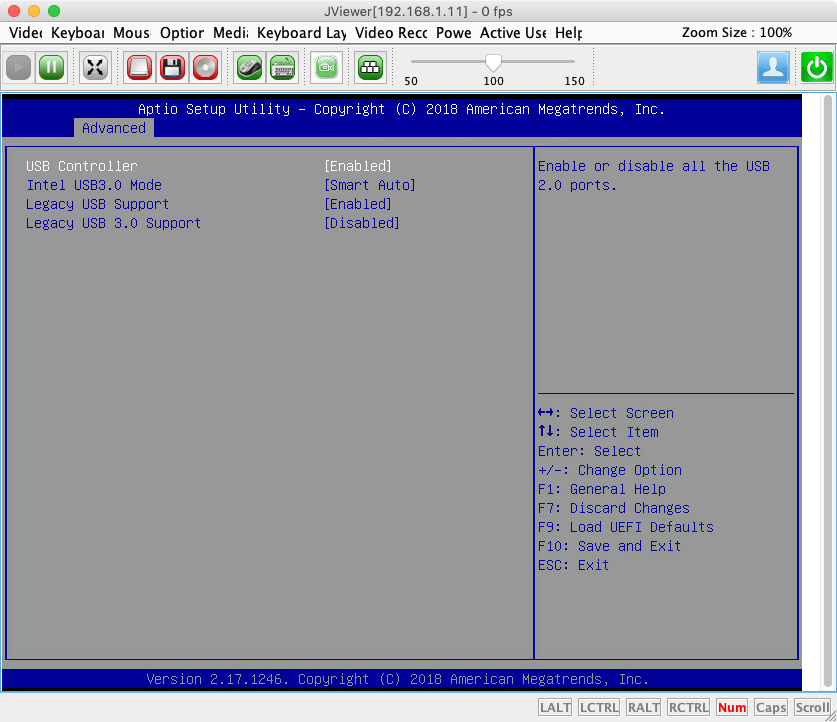TCP BBR looks promising and somehow managed to escape my radar so far.. need to take a look at how to improve my IT infrastructure with it:
Increase your Linux server Internet speed with TCP BBR congestion control

Make a diff!
TCP BBR looks promising and somehow managed to escape my radar so far.. need to take a look at how to improve my IT infrastructure with it:
Increase your Linux server Internet speed with TCP BBR congestion control
Starting with version 11.2-RELEASE-U1, FreeNAS uses the FreeBSD BTX 1.0 boot loader instead of Grub (reason: The FreeBSD boot loader finally started supporting ZFS – years after Grub supported it, BTW).
Unlike Grub, the FreeBSD boot loader seems to have rather “suboptimal” support for storage devices (like USB sticks, USB drives) that are accessed using the legacy USB 3.0 mode at boot time. So, when I upgraded FreeNAS from 11.1-U7 to 11.2-RELEASE-U2 on my home-built ASRock FreeNAS E3C226D2I NAS appliance, booting FreeNAS from an internal 16 GB USB 3 stick took all of a sudden almost 30 minutes(!) instead of the usual 1-2 minutes.
As I found out by “trial & error” (or educated guessing, as some would say), the only reason for this huge slowdown was that “Legacy USB 3.0 Support” was enabled in the AMI BIOS (the effect is reproducible). So, just disable “Legacy USB 3.0 Support”[1] in the BIOS and FreeNAS >= 11.2 will boot quickly again.
[1] Note: There’s no need to disable “Legacy USB Support”, so you’ll still be able to use your USB 2 keyboard or mouse at boot time.

A nice summary by Werner Fischer (Thomas-Krenn) about how to enable and use Serial over LAN, particularly for Linux boxes:
(In German, but you can easily translate it using your favourite online translation tool, e.g. deepl.com or Google Translate)